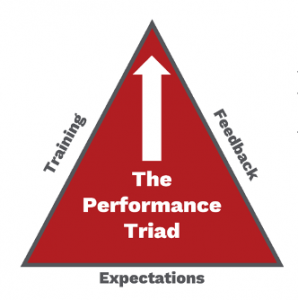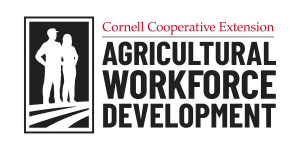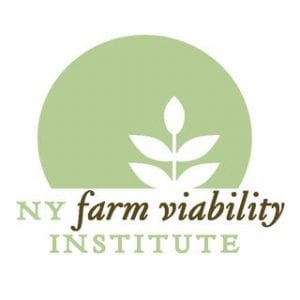Growing Great People: Training Skills for Dairy Farmers
Become an Effective On-The-Job Trainer
These trainings are supported by a grant from the New York Farm Viability Institute.
 Cornell Ag Workforce Development and the South Central NY Dairy, Livestock and Field Crops team are offering a series of hands-on regional training workshops from 1:00 to 4:00 PM at two locations on August 23 and 24.
Cornell Ag Workforce Development and the South Central NY Dairy, Livestock and Field Crops team are offering a series of hands-on regional training workshops from 1:00 to 4:00 PM at two locations on August 23 and 24.
“Growing Great People: Training Skills for Dairy Farmers” will take place from 1 pm to 4 pm on August 23 in Scipio Center and from 1 pm to 4 pm on August 24 in Homer. The same workshop will be offered both days, so choose the date and location that work best for you. We encourage farms to send multiple employees. Anyone who is involved in training other employees can benefit from the workshop!
Presenters Dr. Richard Stup from Cornell Agricultural Workforce Development and Dr. Kaitlyn Lutz from the CCE NWNY Team will deliver the training in English and Spanish. Participants will learn skills to plan and conduct effective trainings for dairy workers and immediately put them to practice during the workshop through hands-on activities. All attendees will receive a bilingual, illustrated handbook to take home.
Cost is $20 per person and includes lunch. Bring a standard operating procedure (SOP) from your farm. Register online at nwnyteam.cce.cornell.edu/events.php or call Donette Griffith at: 607-391-2662.
DATE AND LOCATIONS
1:00 to 4:00 PM | AUG 23, 2022
|
1:00 to 4:00 PM | AUG 24, 2022
|
Effective trainings contribute to success of employees and the farm business. With training employees learn how to best complete their task and why it is important to the farm’s success. When employees have the knowledge, skills, and attitudes needed to do the job right, it saves time and avoids problems. With good training, staff feel important and involved, which keeps them engaged and reduces employee turnover.
The webinar trainings will overview the learning system of:
TELL: Describe the procedure and why it is important
SHOW: Demonstrate the procedure and emphasize key points
DO: Allow the learner to try and answer any questions
REVIEW: Are the steps in the procedure done correctly?
After the webinar trainings you will be able to:
- Plan for organized and effective trainings
- Train in a way that works for most people
- Measure and follow up to make sure learning happened



